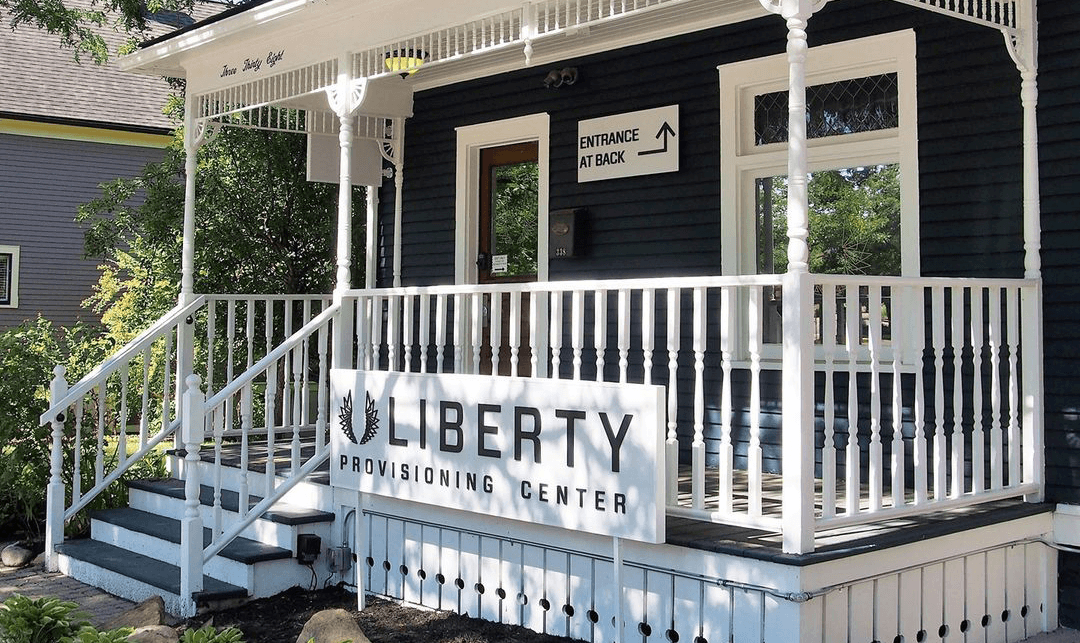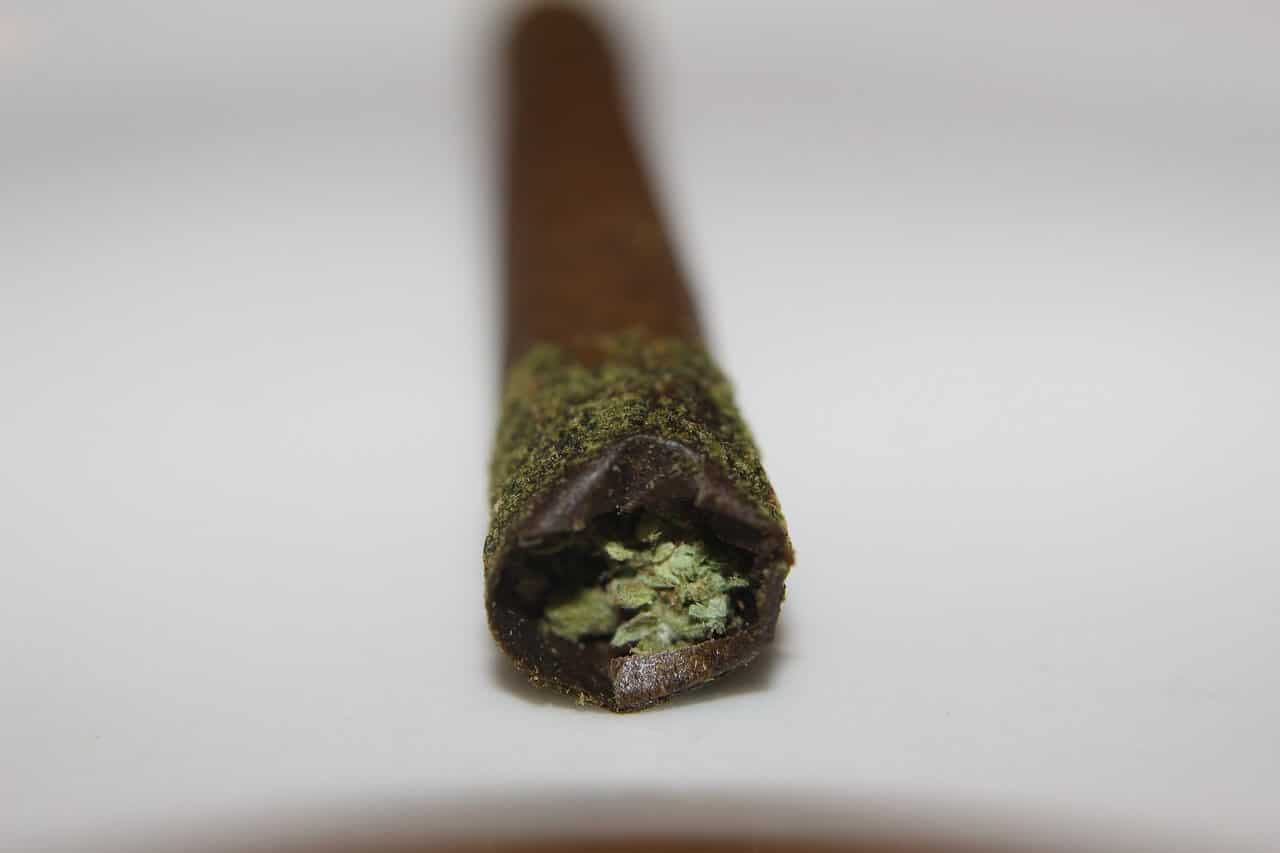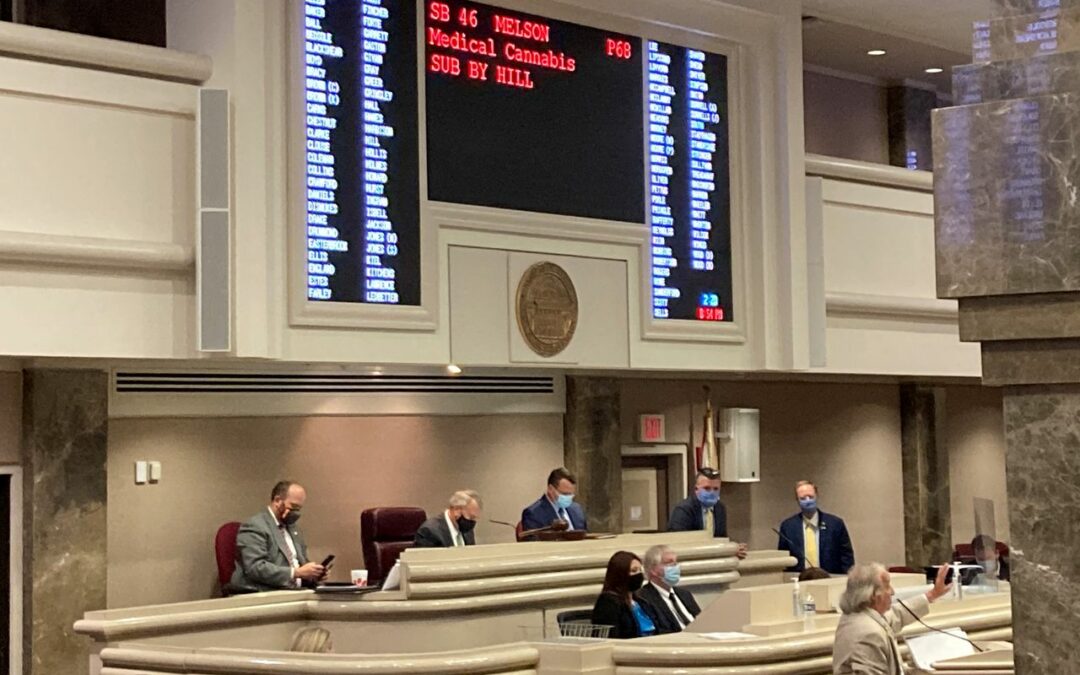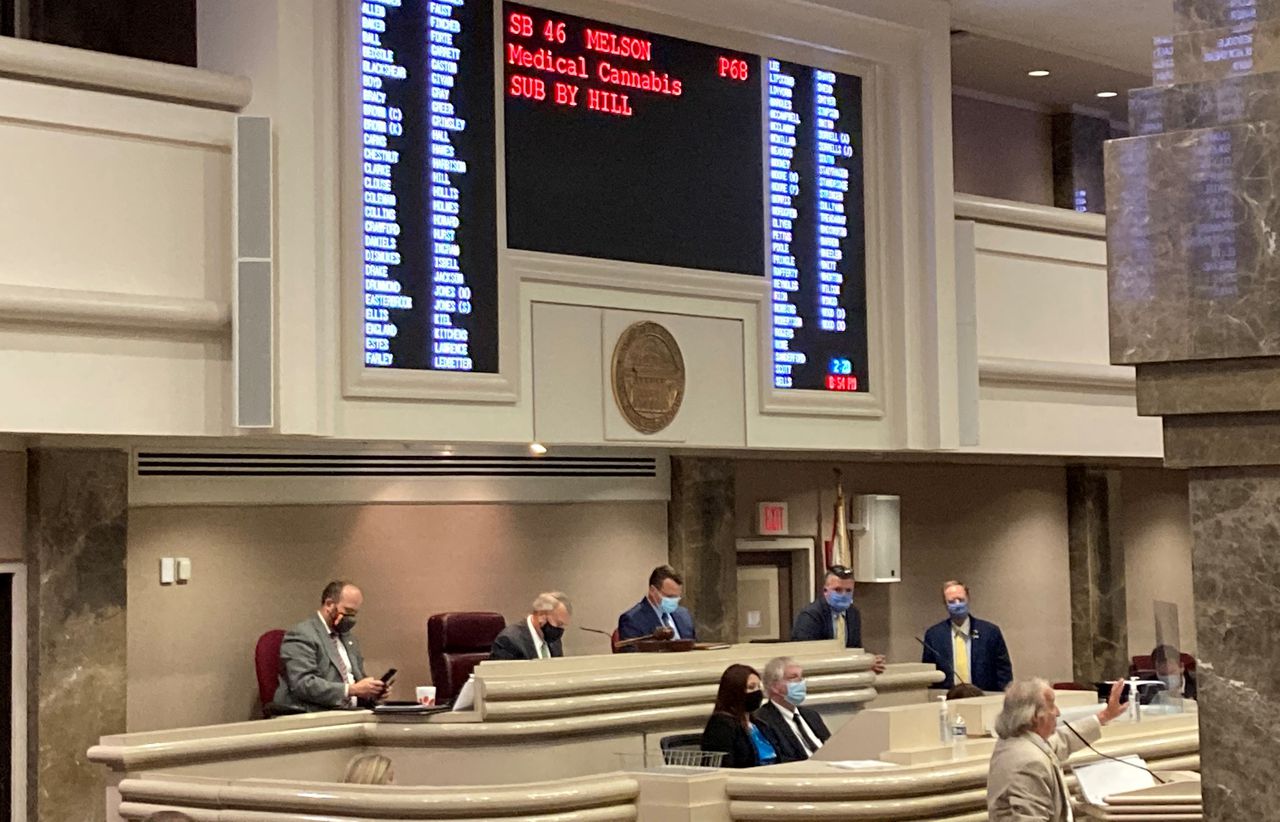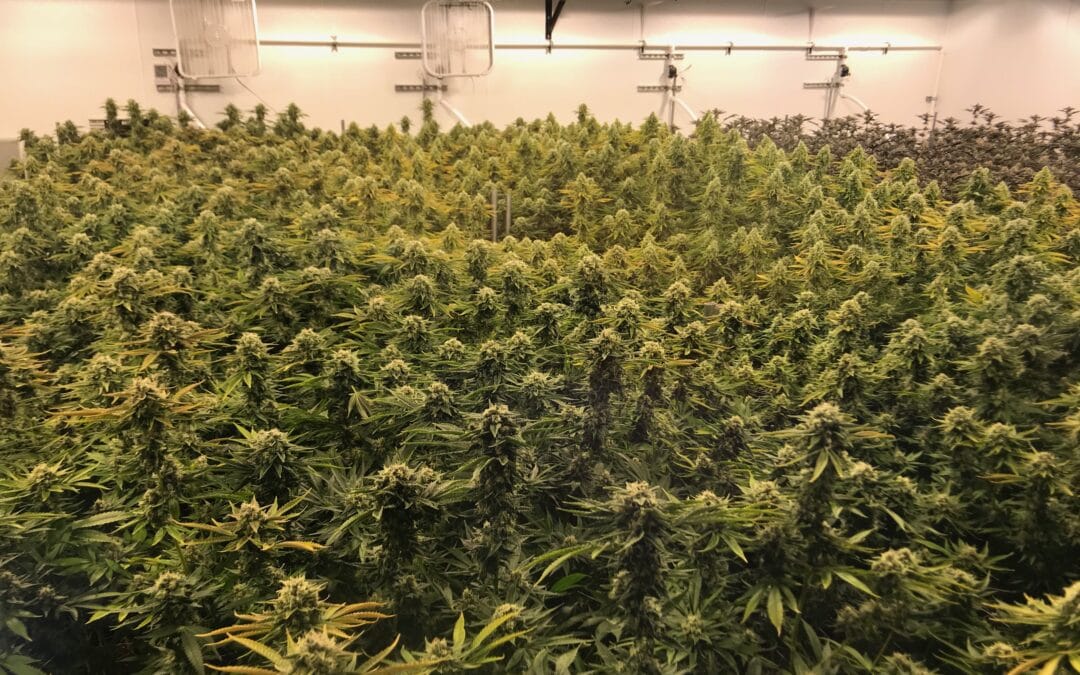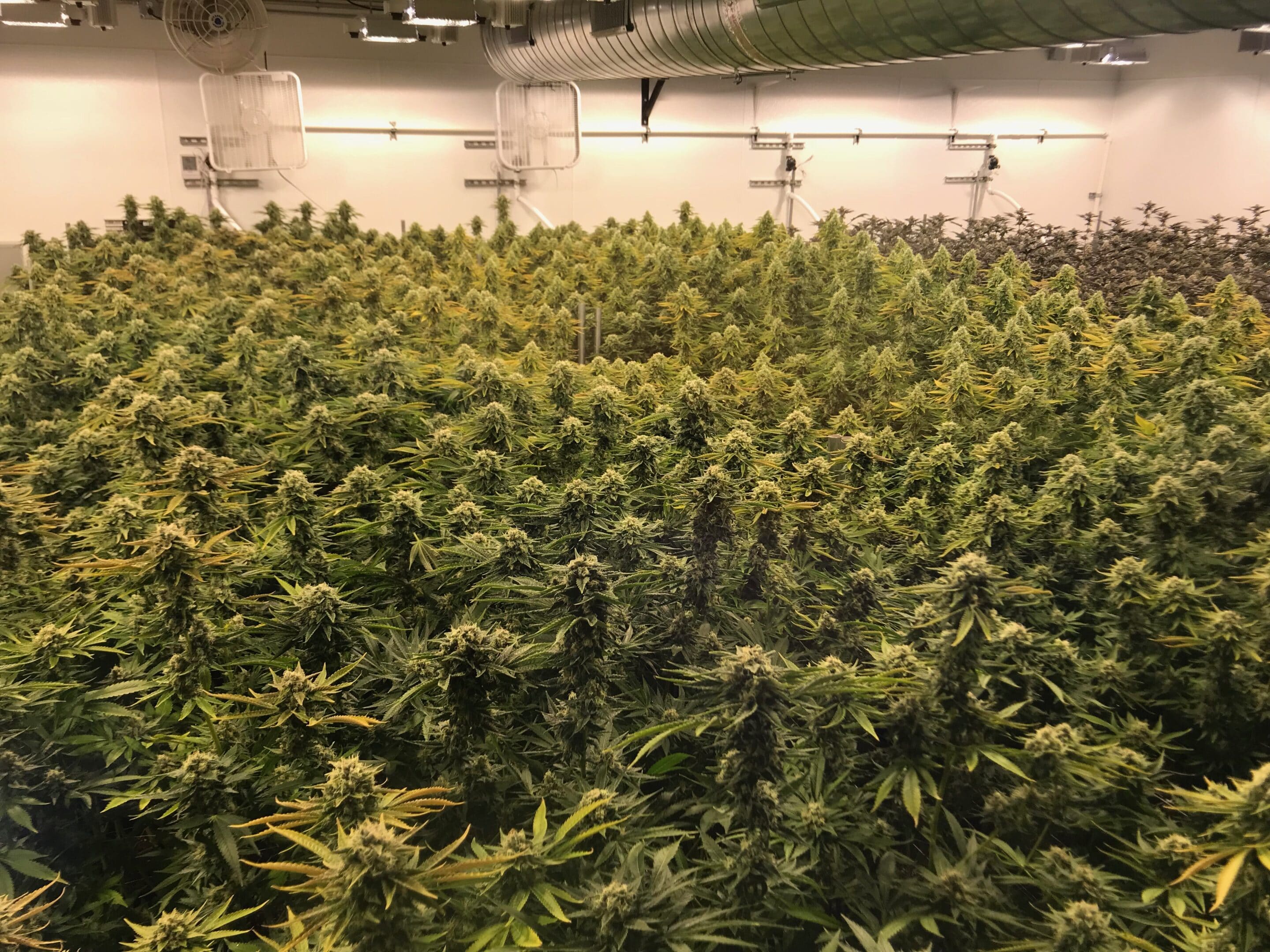
Feds Announce New Standard THC Dose for Cannabis Research

The National Institute on Drug Abuse (NIDA) announced on Friday it was setting the new standard THC dose for cannabis research at five milligrams, Marijuana Moment reports. The requirement took effect immediately.
Inconsistency in the measurement and reporting of THC exposure has been a major limitation in studies of cannabis use, making it difficult to compare findings among studies. A standardized measure of THC in cannabis products is necessary to advance research by providing greater comparability across studies of both its adverse effects and potential medical uses. — NIDA Notice of Information excerpt
NIDA said the five-milligram standard unit was selected following extensive stakeholder input, expert consultation, and a request for information from the general public.
In its notice, NIDA recognized that “the same quantity of THC may have different effects” depending on a number of variables, including the method of administration, other ingredients in the product, an individual’s genetic make-up and tolerance levels, and more. Additionally, the notice clarified that the newly standardized THC unit does not limit the quantity of THC permissible in cannabis research, only the way in which investigators must record and report their work.
While cannabis remains a Schedule 1 substance under federal law, research efforts are difficult but not completely blocked: a 20-year study by the University of Minnesota recently revealed that long-term cannabis use has little to no effects on cognitive abilities, while another recent study found cannabis use to be associated with increased rates of exercise and physical activity.

